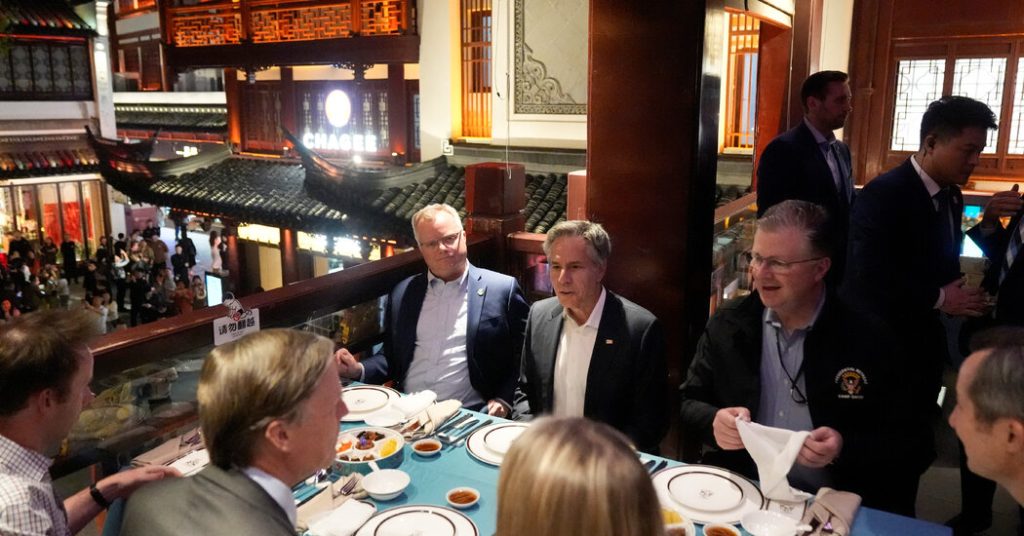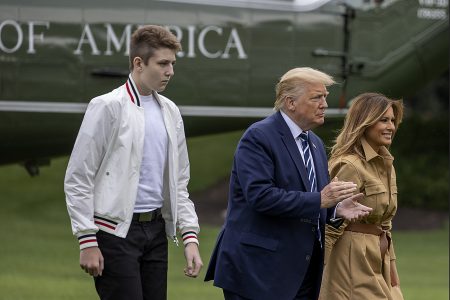American-Chinese relations are often reflected and scrutinized through the dining choices of American dignitaries when they visit China. These choices can carry political, geographical, and cultural significance. Each meal is an opportunity to send a message or create symbolism. The right balance must be struck to avoid appearing out of touch or undignified. Authenticity, history, cooking techniques, and taste all play a role in influencing the perception of the meal choices made by American officials.
When Secretary of State Antony J. Blinken embarked on a trip to China, his dining choices were closely observed. For example, he visited a famous soup dumpling restaurant, emphasizing a more cordial tone in his visit compared to previous attempts to stabilize the relationship between the two countries. While Blinken’s dining preferences have not sparked as much interest as Treasury Secretary Janet Yellen’s, her meals have been dubbed a form of “food diplomacy.” Yellen’s choices have been commended for their authenticity, affordability, and regional variety, showcasing a connection to everyday people’s preferences in China.
Yellen’s recent visit to China included dining at a Cantonese and Sichuan restaurant, where she ordered classic regional dishes that were not modified for foreign taste. The Treasury Department generally seeks restaurant recommendations from local embassy staff, allowing Yellen to research and make the final choices. Some of these choices are aimed at conveying diplomatic messages, such as visiting a brewery in Beijing that uses American hops to highlight agricultural exports to China. In some instances, restaurants have created special menus inspired by Yellen’s orders, turning her dining experiences into sensations.
American dignitaries’ visit to Chinese restaurants has led to overnight sensations for some establishments. For example, Vice President Joe Biden’s visit to a Beijing noodle restaurant in 2011 and Michelle Obama’s visit to a hot pot restaurant in 2014 sparked business boosts and inspired special menus. While some dining experiences, like Obama’s visit to a Tibetan restaurant in Chengdu, have sparked controversy, others have celebrated the dignitaries’ ability to handle authentic Chinese cuisine. State banquets for U.S. presidents often feature Americanized or customized Chinese dishes to suit foreign palates.
The evolution of American-Chinese dining diplomacy reflects a trend of China feeling more confident in showcasing authentic Chinese cuisine to Western guests. This shift can be seen in President Barack Obama’s safe and conservative choices in 2009, contrasted with President Trump’s slightly more contemporary menu in 2017. Chinese dining choices are carefully curated to balance cultural authenticity, culinary traditions, and diplomatic messaging. Through dining diplomacy, American dignitaries navigate the complexities of international relations, cultural exchanges, and culinary diplomacy in the context of their visits to China.














